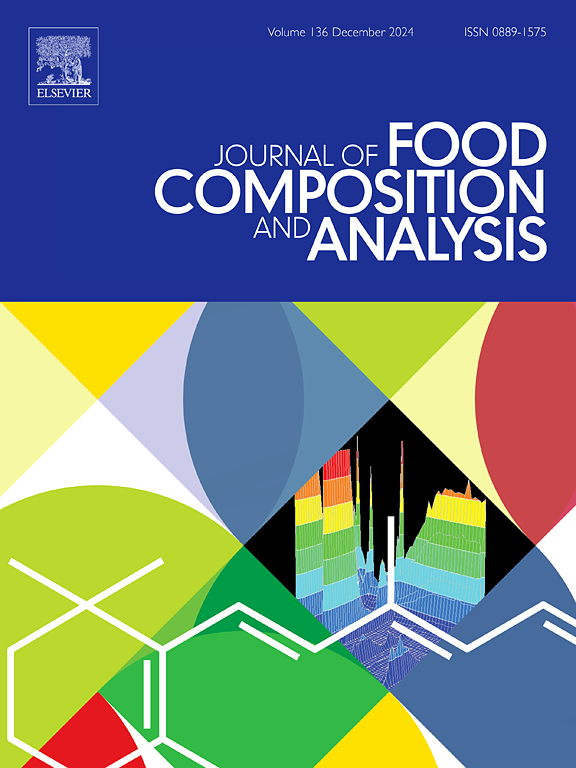Millets: A comprehensive review of nutritional, antinutritional, health, and processing aspects
IF 4
2区 农林科学
Q2 CHEMISTRY, APPLIED
引用次数: 0
Abstract
Millets, known for their rich nutritional profile and ability to withstand challenging growing conditions, are receiving more attention due to their health benefits, especially in blood glucose regulation and metabolic health. They are functional foods with the potential to promote sustainable agriculture and enhance health because of their high fibre content, vitamins, and minerals. This review examines the nutritional and bioactive properties of millets, emphasising substances with anti-inflammatory, anti-diabetic, and antioxidant benefits. However, millets also contain anti-nutritional factors that may hinder nutrient absorption. These effects are mitigated, and nutritional bioavailability is increased by processing methods including fermentation, soaking, and sprouting. Studies on millet consumption conducted both in vivo and in vitro have demonstrated promising results for gut microbiota modulation, lipid metabolism, and glycemic control, confirming the potential of millet in treating diabetes and other illnesses. Processing and ingredient combinations affect the glycemic index (GI) of millet-based foods, providing opportunities for developing healthier food solutions. However, the development of millet products is hampered by issues with texture, shelf life, and consumer acceptance. Overcoming these limitations through research and technical innovation is crucial for promoting millets as a modern dietary staple, boosting public health, and advancing sustainable food system.
求助全文
约1分钟内获得全文
求助全文
来源期刊

Journal of Food Composition and Analysis
工程技术-食品科技
CiteScore
6.20
自引率
11.60%
发文量
601
审稿时长
53 days
期刊介绍:
The Journal of Food Composition and Analysis publishes manuscripts on scientific aspects of data on the chemical composition of human foods, with particular emphasis on actual data on composition of foods; analytical methods; studies on the manipulation, storage, distribution and use of food composition data; and studies on the statistics, use and distribution of such data and data systems. The Journal''s basis is nutrient composition, with increasing emphasis on bioactive non-nutrient and anti-nutrient components. Papers must provide sufficient description of the food samples, analytical methods, quality control procedures and statistical treatments of the data to permit the end users of the food composition data to evaluate the appropriateness of such data in their projects.
The Journal does not publish papers on: microbiological compounds; sensory quality; aromatics/volatiles in food and wine; essential oils; organoleptic characteristics of food; physical properties; or clinical papers and pharmacology-related papers.
 求助内容:
求助内容: 应助结果提醒方式:
应助结果提醒方式:


